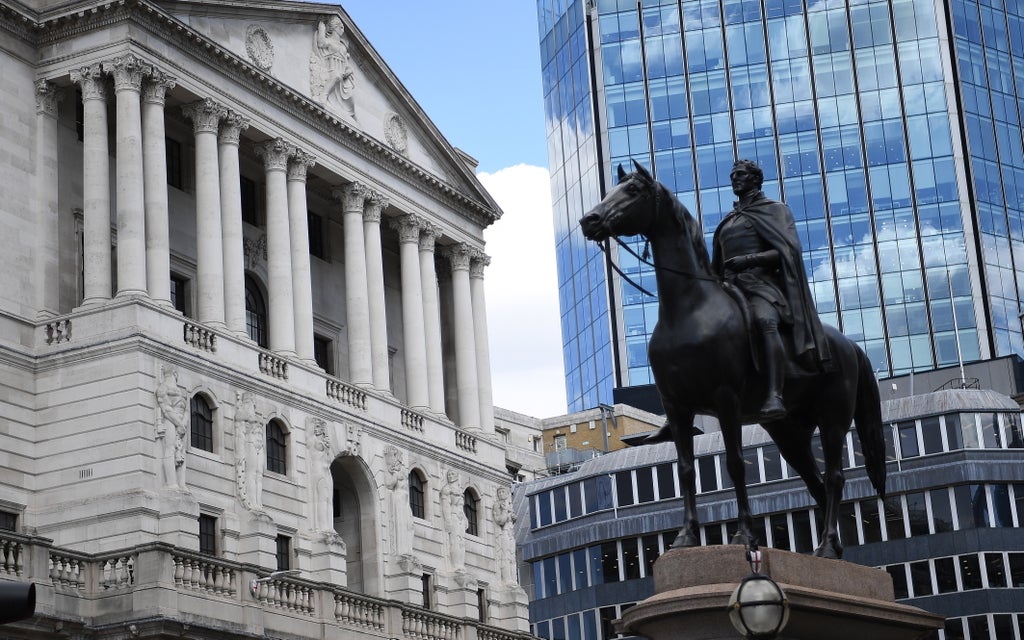
Interest rates were hiked to their highest level for 13 years on Thursday as the Bank of England tries to temper rising inflation.
The Bank’s Monetary Policy Committee decided to raise the base interest rate from 0.75 per cent to 1 per cent.
It is the fourth time in a row that the committee has voted in favour of an interest rate hike.
Governor Andrew Bailey had warned before the announcement that the Bank must walk a “very tight line” between cooling inflation and triggering a recession.
Consumer confidence fell last month and retail sales came in lower than expected, due to the impact of soaring energy bills, food prices and fuel costs.
Here is a quick easy guide to how Thursday’s interest rate change will affect you:
What are interest rates?
An interest rate is a measure that tells you how high the cost of borrowing money is, or how high the rewards of saving are.
If you are borrowing money, typically from a bank, the interest rate on that money is the amount you will be charged for borrowing it.
It is a charge on top of the total amount of the loan, and will be shown as a percentage of the overall.
Higher percentages mean paying more money to the lender for borrowing the money.
If you are saving money in a bank account, the interest rate on that money is the amount you will accrue on top of your savings. Banks will pay you a percentage of your total savings, typically at the end of the year.
How do interest rates affect inflation?
Low interest rates are used to discourage people from piling up their money in savings. High interest rates encourage saving because people get a better return for the money you are putting away.
This in turn has an affect on the price of goods.
When interest rates are low, people might spend more and this might cause retailers to put up the price of goods.
When interest rates are high, demand might fall as people put more money into their saving pots. This, in theory, should drive down the prices of good and services.
However rising prices are not a direct result of interest rate changes. Other things, including the supply of money and underlying costs, affect prices and cause inflation.
Interest rates can only help manage inflation.
How do interest rates affect mortgage rates?
Changes in the Bank of England’s base rate, which is the interest rate at which banks borrow from the Bank, has a knock-on effect on the interest rates that the high-street banks then set their mortgage borrowers.
How does this affect me?
The changes in interest rates will affect anyone with savings and anyone who is borrowing money from the banks, for example in a mortgage.
It will also have a wider effect on the economy. By raising the base interest rate, the Bank of England is hoping to temper soaring inflation and help with the cost of living crisis.
Despite this, inflation is predicted to continuing rising in the near future - peaking at ten percent.

.jpg?w=600)





